March 6, 2023
Less than a third of businesses know how energy efficient their office is
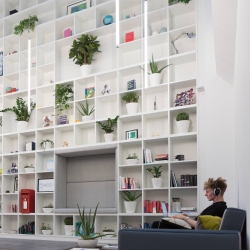 A surprisingly high proportion of UK businesses are unaware of new environmental legislation concerning the energy efficiency of their buildings, or even how energy efficient they are in the first place, according to a new survey commissioned by Irwin Mitchell: Redefining the Office – A report on office occupier trends in 2023. The new Minimum Energy Efficiency Standards (MEES) legislation means that from 1st April 2023, property owners must not continue to let properties that have an EPC rating of F or G (unless they have an exemption) and all let properties will need to have a minimum EPC rating of E. (more…)
A surprisingly high proportion of UK businesses are unaware of new environmental legislation concerning the energy efficiency of their buildings, or even how energy efficient they are in the first place, according to a new survey commissioned by Irwin Mitchell: Redefining the Office – A report on office occupier trends in 2023. The new Minimum Energy Efficiency Standards (MEES) legislation means that from 1st April 2023, property owners must not continue to let properties that have an EPC rating of F or G (unless they have an exemption) and all let properties will need to have a minimum EPC rating of E. (more…)





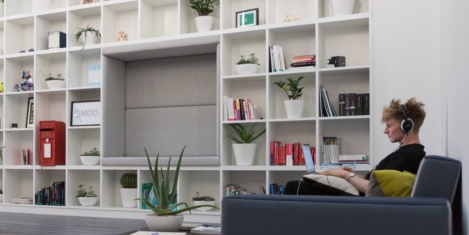

 The organisers of NeoCon have announced that the submissions portal for the 2023 edition of the
The organisers of NeoCon have announced that the submissions portal for the 2023 edition of the 


 Any business that is looking to grow its consumer base or expand into new markets is likely to be relying on digital technology to a greater extent than ever before both in their operations and management. This also means that the
Any business that is looking to grow its consumer base or expand into new markets is likely to be relying on digital technology to a greater extent than ever before both in their operations and management. This also means that the 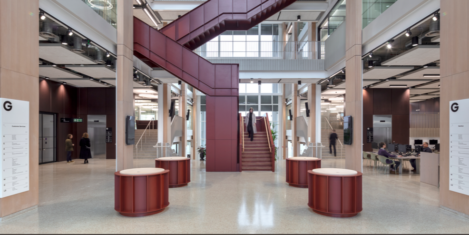
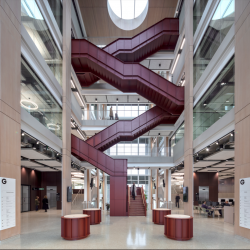

 Pay and benefits are no longer the only critical factors in deciding where to work, with a majority citing their employers’ values (80 percent) and commitment to the environment (76 percent) and social equality (75 percent) as key criteria, claims a survey commissioned by advocate and author
Pay and benefits are no longer the only critical factors in deciding where to work, with a majority citing their employers’ values (80 percent) and commitment to the environment (76 percent) and social equality (75 percent) as key criteria, claims a survey commissioned by advocate and author 


 Building on the success of its launch event, the Evening Standard’s SME XPO 25-26 April 2023 at ExCeL London, once again invites founders, entrepreneurs and business leaders to attend an action-filled
Building on the success of its launch event, the Evening Standard’s SME XPO 25-26 April 2023 at ExCeL London, once again invites founders, entrepreneurs and business leaders to attend an action-filled 



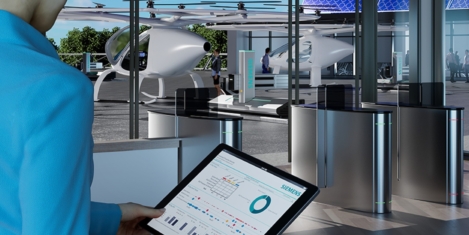
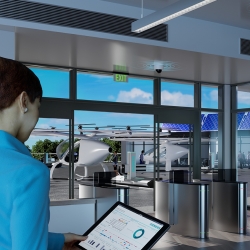








February 14, 2023
UK businesses are out of touch with the real sources of employee stress
by Nick Gold • Comment, Wellbeing